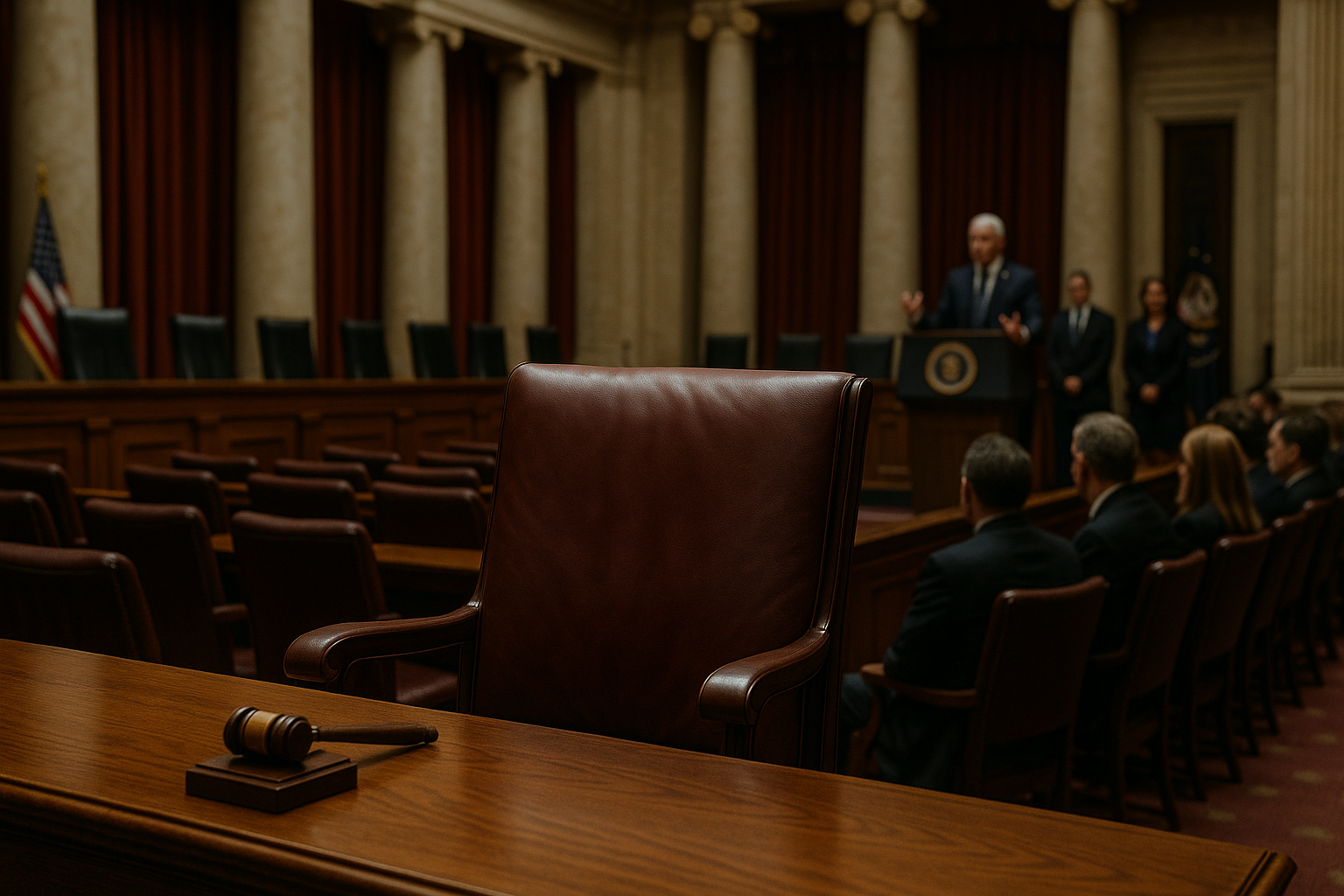A Deep Dive into the Role and Impact of Supreme Court Vacancies in the US Government System
Introduction: The role of Supreme Court vacancies in the United States government system often comes into sharp focus during election years. Let's explore the historical context, recent developments, and societal implications of these vacancies on the legislative landscape.

The Historical Context of Supreme Court Vacancies
From the inception of the United States, the Supreme Court has played a pivotal role in shaping the nation’s governance. The Court’s nine justices interpret laws and constitutional provisions, setting legal precedents that impact all aspects of American life. Supreme Court vacancies, therefore, have significant implications. Historically, these vacancies have caused political tension, as the President who fills the vacancy can potentially influence the Court’s ideological leanings.
Recent Developments
In recent years, Supreme Court vacancies have heightened political polarization. For instance, the 2016 vacancy after Justice Antonin Scalia’s death was a contentious issue. Then-President Obama nominated Merrick Garland to fill the position, but Senate Republicans, led by Mitch McConnell, refused to hold confirmation hearings. They argued that the vacancy should be filled by the next President, which turned out to be Donald Trump. The 2020 vacancy following Justice Ruth Bader Ginsburg’s death was filled swiftly by President Trump with Justice Amy Coney Barrett, further intensifying the political divide.
Impact of Supreme Court Vacancies on Legislation
The power to fill Supreme Court vacancies is a significant aspect of presidential authority. Given the lifetime tenure of justices, a president’s pick can influence legal rulings for decades, impacting legislation on issues ranging from civil rights to environmental regulations. For instance, the conservative-leaning court post-Justice Ginsburg’s death could potentially roll back some progressive policies.
Societal Implications of Supreme Court Vacancies
The ideological balance of the Supreme Court has direct societal implications. Decisions on voting rights, healthcare, and abortion rights profoundly affect Americans’ lives. The controversy surrounding Supreme Court vacancies also fuels political engagement, often influencing voter turnout during elections.
The Future of Supreme Court Vacancies
Given the political and societal implications of Supreme Court vacancies, discussions on reforming the current system have emerged. Some propose term limits for justices, while others suggest expanding the Court’s size. However, such changes would require constitutional amendments, a process known for its complexity and political divisiveness.
In conclusion, Supreme Court vacancies play an essential role in shaping the United States’ legal and political landscape. They serve as a reminder of the Court’s significant influence over American life and the importance of understanding the mechanisms behind these vacancies.




